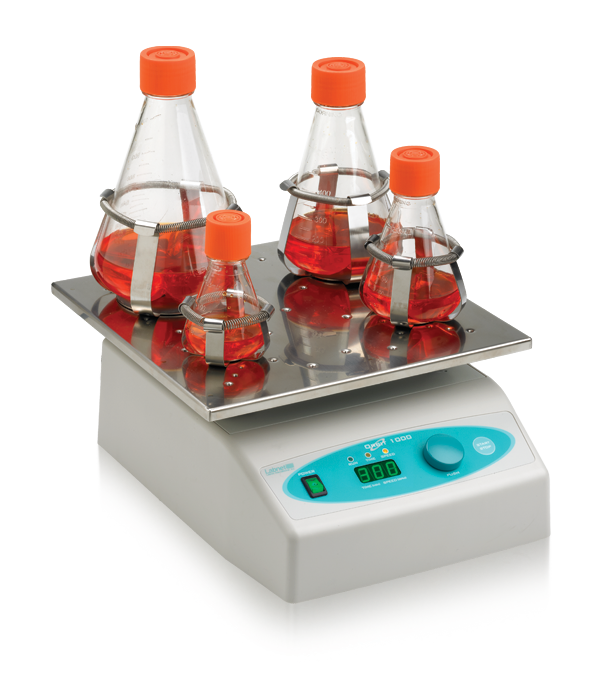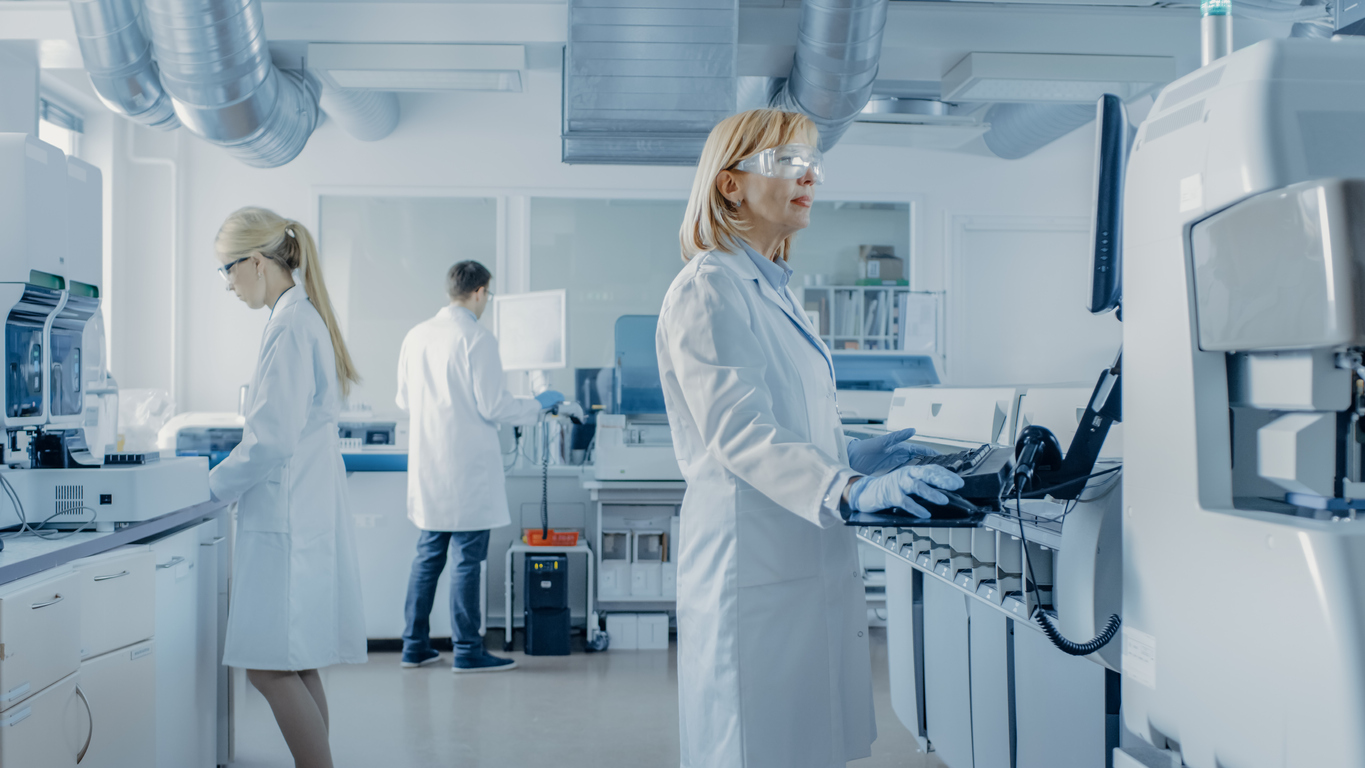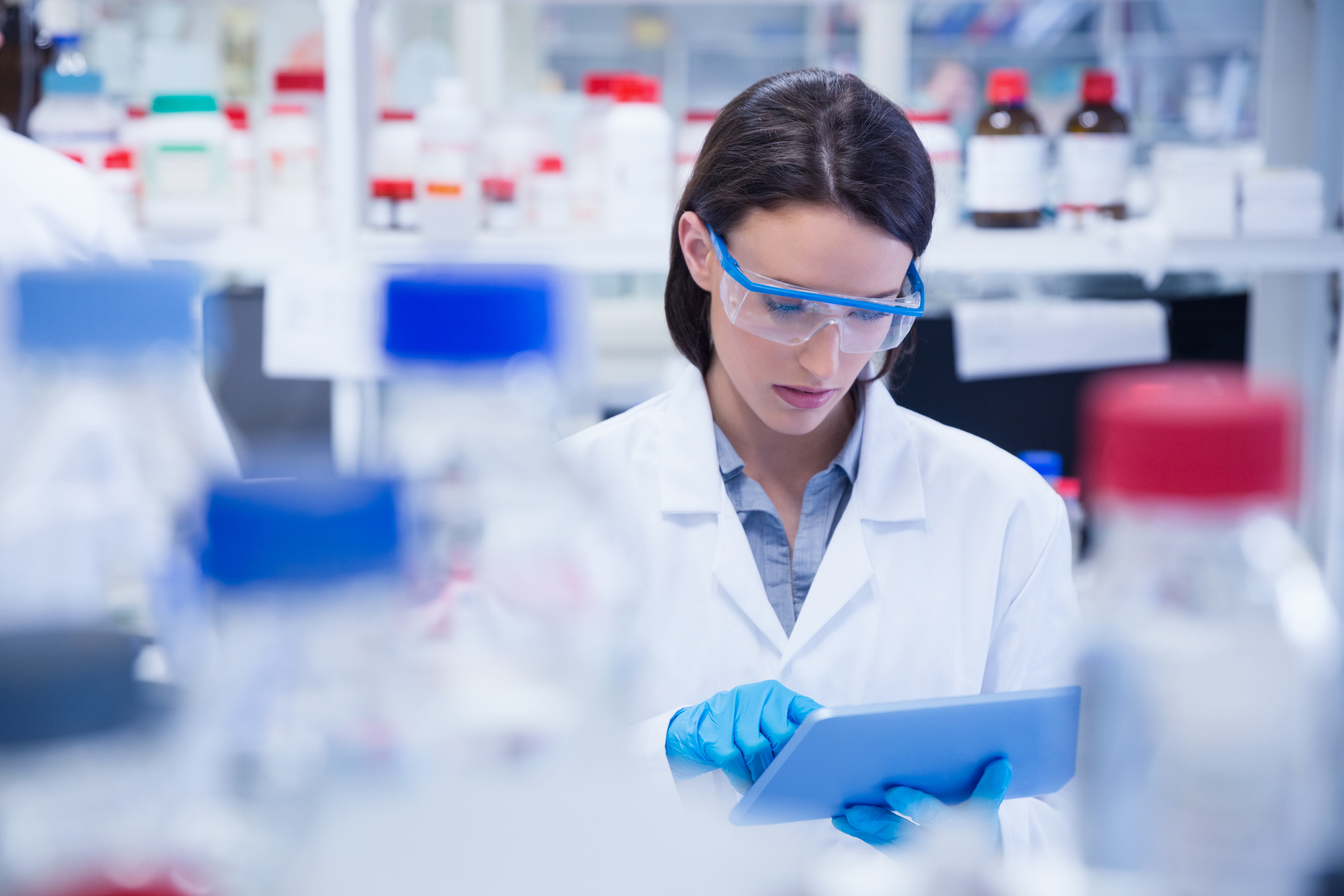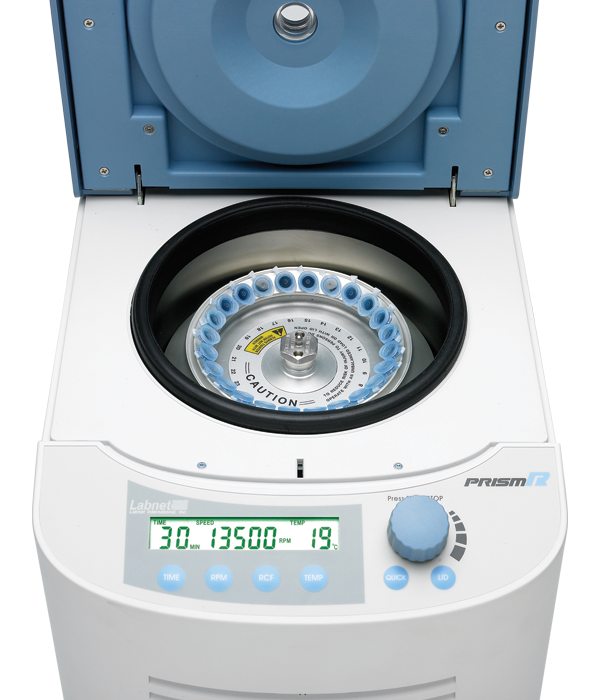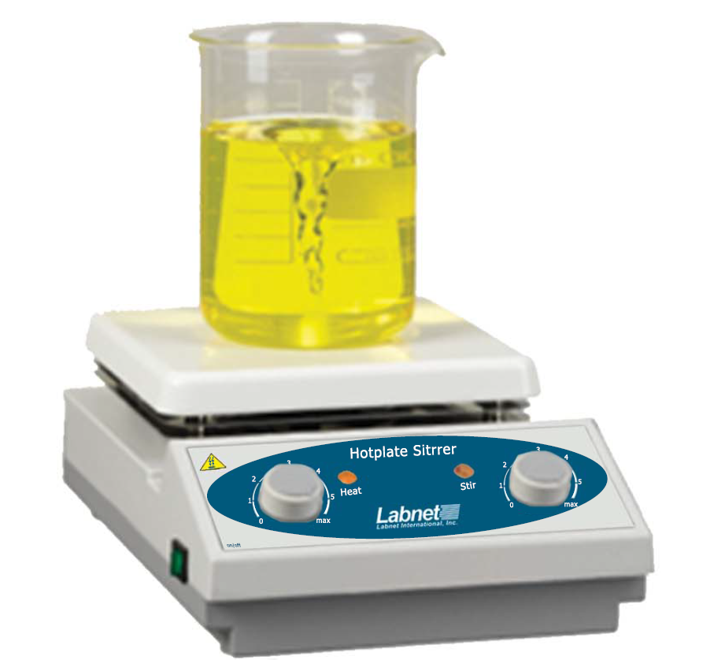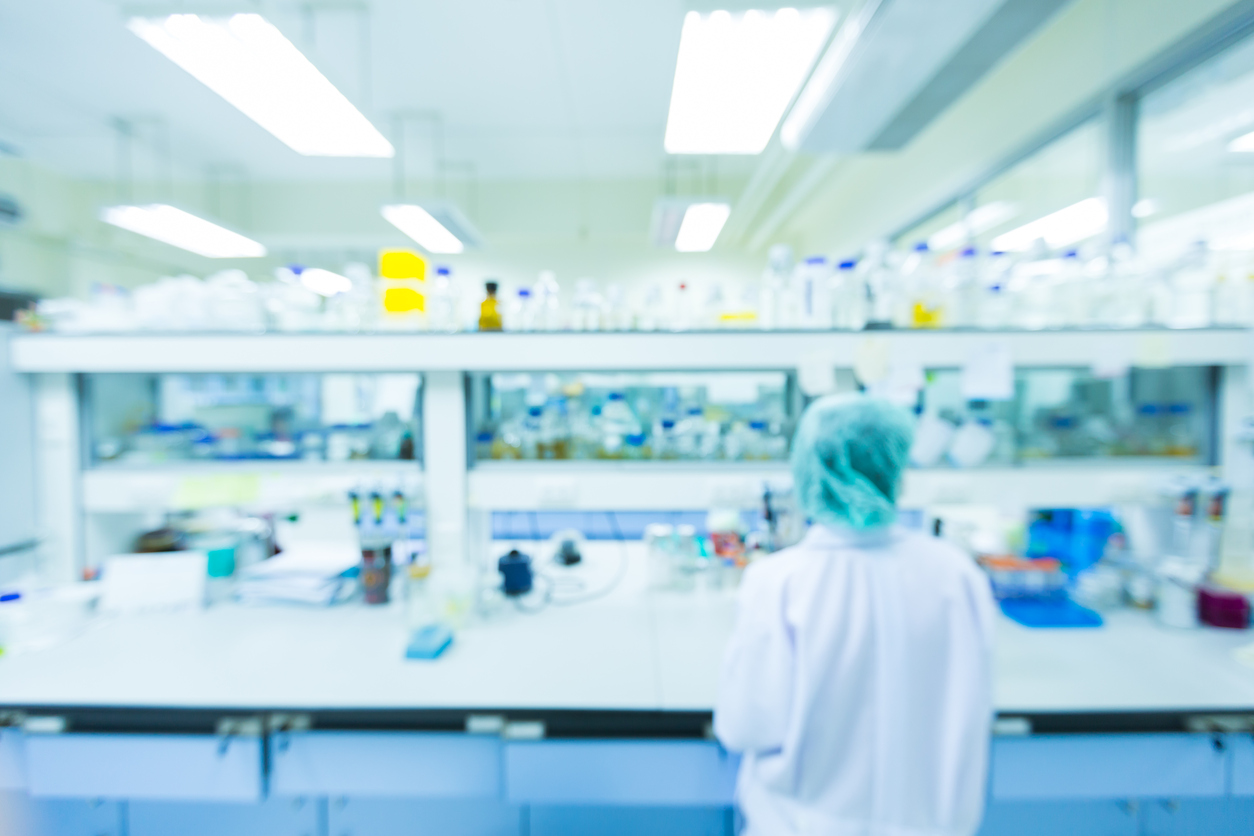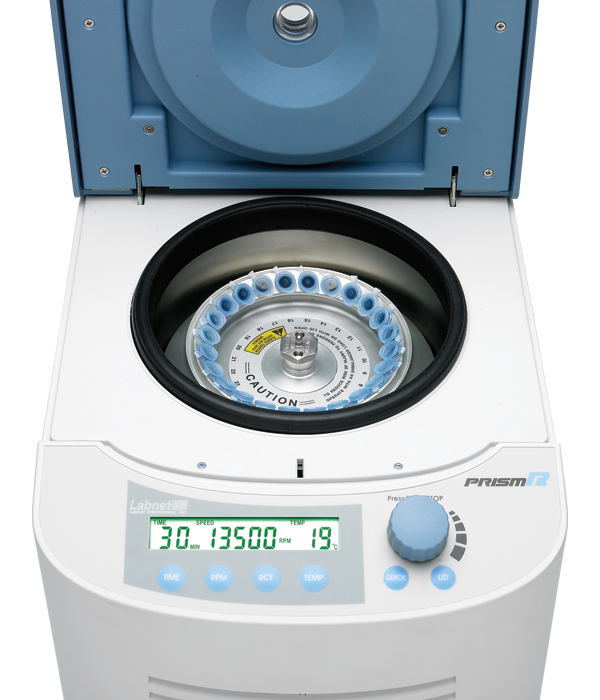laboratory tips
Top 5 Questions to Ask When Buying a Lab Shaker
02 Aug 2019
It can be challenging to navigate all of the different lab shaker options on the market. You want to find the products that will offer the best performance at the most reasonable prices. To help guide your search and ensure that you’re happy with your product purchase, there are several key questions that you should be asking.
Tips to Help You Maximize Your Lab Space
15 Jul 2019
Space is one of your lab’s most precious resources, and that means you need to use it strategically. Nobody wants to deal with the inconvenience or risk associated with a cluttered lab, but it’s not always easy to find creative ways to organize or design more space into your lab. With that in mind, here are a few key tips that you can follow to maximize your lab space and ensure that your lab is laid out as efficiently and safely as possible.
Let’s Play: True or False, Lab Procedures Edition
12 Dec 2018
Safety is essential regardless of what industry you’re in, but it’s even more important in laboratory settings. Following proper laboratory procedures allows you to ensure that your testing is reliable and your lab is a safe environment for your technicians and employees.
Unfortunately, there are still a number of misconceptions out there about lab procedures and safety policies. Understanding the reality of laboratory procedures as well as the myths that are out there can help you navigate your lab’s procedures more effectively.
3 Tips for Balancing Your Centrifuge
03 Dec 2018
Centrifuges play an essential role in laboratories, but they must be used correctly to deliver the best performance possible. One of the most important things technicians do when working with a centrifuge is to balance the rotor. An unbalanced rotor can compromise the performance of your centrifuge, have an impact on the reliability of your testing results, and may even cause irreversible damage to your equipment. The good news is that you can avoid all of these issues simply by following a few key tips for balancing your centrifuge.
When to Use a Magnetic Stirrer
20 Nov 2018
Agitation and stirring processes are common in laboratories of all shapes and sizes. Regardless of the specific application or process that’s being performed, your lab technicians need to use the best equipment for the job to ensure consistent results. Unfortunately, some labs won’t get the level of performance or consistency they need because they use the wrong agitation equipment and tools. That’s why it is so important to understand your agitation options, and when they are the right choice for your application.
4 Tips to Help You Keep Your Lab Technicians Engaged
16 Oct 2018
Running a lab requires you to meet certain efficiency and productivity goals. Of course, it’s impossible to keep up with these goals unless you have a team of lab technicians that is fully engaged.
To keep your lab running efficiently and effectively, there are steps you can take today to keep your technicians engaged all year long.
5 Tips to Improve Efficiency in Your Lab
15 Oct 2018
Regardless of the specific type of work your lab performs, efficiency is always essential when it comes to increasing productivity and improving the repeatability of your results. Unfortunately, achieving efficiency is sometimes easier said than done. It can be downright difficult to improve the workflow in your lab, but the good news is a few simple changes can help you increase your efficiency without sacrificing accuracy or safety in your lab.
Get Our Top Tips for Safe Centrifuge Operation
03 Oct 2017
Protect Yourself in the Lab
You’re ready to retrieve some samples from your lab centrifuge right before your break when the phone in your pocket buzzes and a coworker drops a flask across the lab. While you’re looking over your shoulder at the mess and thinking about the clock you reach for the centrifuge…
Accidents can happen in an instant with long-term consequences. You can protect yourself and your coworkers by following all safety procedures and relying on well-engineered equipment in your lab.

